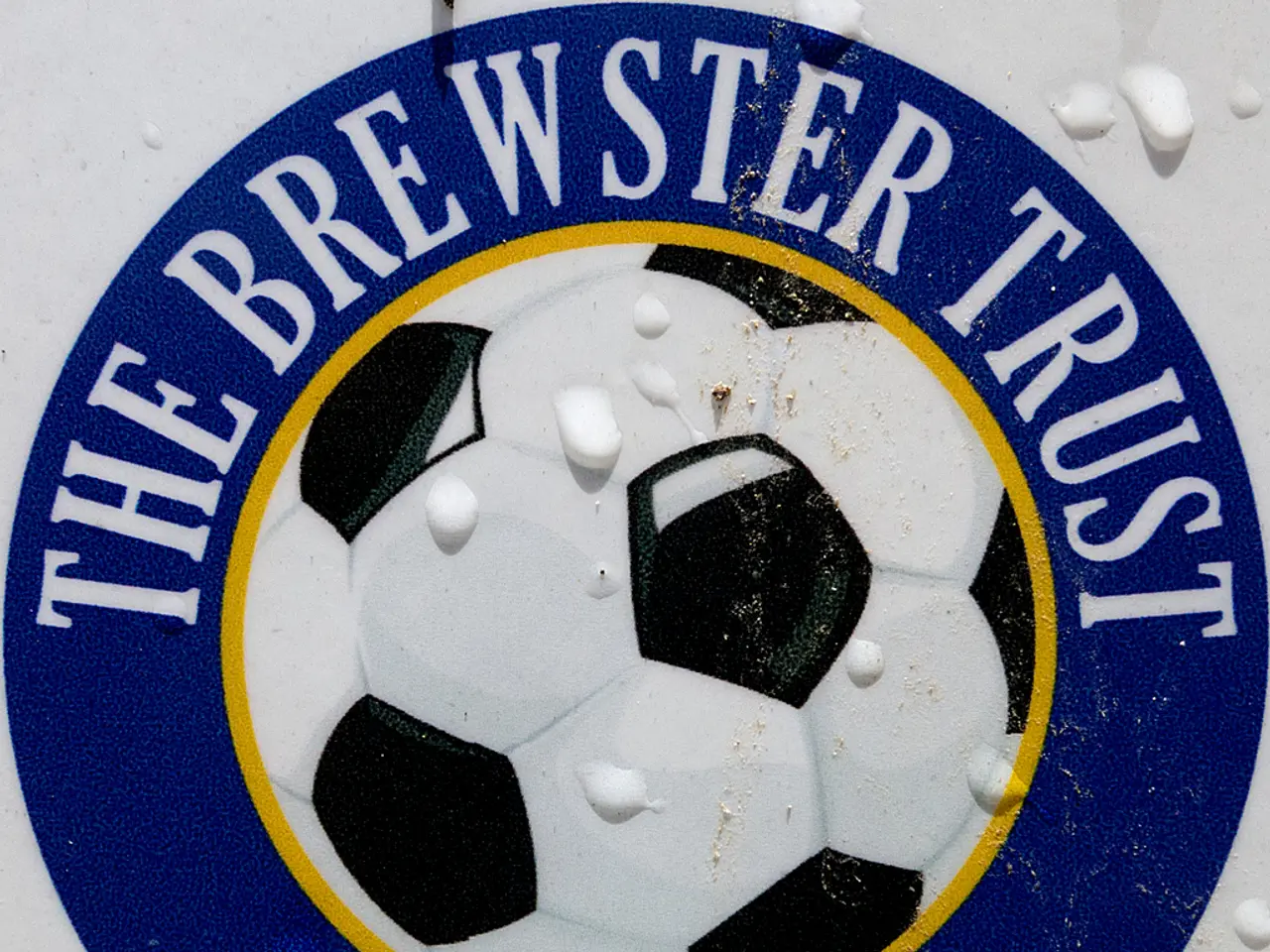Rogue Individuals in Betting World Endangering Athletes, Potentially Imperiling the Betting Industry as a Whole
In the world of sports and gambling, a growing concern has emerged: the harassment of athletes by bettors due to poor performances or game outcomes. This issue has come to light in recent times, with several high-profile incidents involving athletes such as Chris Boucher, Bradley Beal, and college basketball players, who have faced abuse, including racial slurs and threats.
Chris Boucher, a power forward for the Toronto Raptors, has been a target of criticism on social media, with some of his critics being sports bettors. Boucher recently discussed this issue on his podcast, "Hustle Play with Chris Boucher," highlighting the general criticism athletes face on social media platforms.
In response to this issue, the sports betting industry and regulators have taken multiple measures to address and prevent obnoxious and abusive behavior from gamblers towards athletes on social media and other platforms.
One such measure is the banning of specific types of prop bets that lead to harassment. For example, Ohio has banned NCAA player prop bets starting early 2024 at the NCAA’s request, aiming to reduce harassment, threats, and risks to athlete mental health connected to betting on individual players’ in-game performance.
Enforcement of platform-level restrictions on digital harassment is another step taken. Payment platform Venmo, often used for sending targeted requests or messages to athletes, prohibits harassment and bans users when notified of abusive behavior.
The NCAA has also launched anti-harassment messaging campaigns related to sports betting, such as educational videos, to publicize risks and encourage respectful behavior among sports fans and bettors.
Some lawmakers advocate stricter controls on prop betting markets to reduce potential athlete harassment. Ohio’s recent proposal to ban prop bets on collegiate and professional sports reflects a growing recognition of betting-related abuse as a policy issue.
In more severe cases, gamblers who issue death threats or serious abuse against athletes sometimes face criminal charges and lifetime bans from online sportsbooks to discourage hostile conduct.
The new regulations, such as those being discussed in Ohio, would be a start in addressing the issue of online harassment towards athletes by bettors. FanDuel, DraftKings, BetMGM, Caesars, and other sportsbooks need to recognize the importance of banning bettors who behave inappropriately to protect themselves from threats to their existence.
However, it is important to note that the sports betting industry is not without criticism. Some complaints against the industry are due to slanted articles published in The New York Times. It is crucial for the industry to continue its efforts to address online harassment while also ensuring fair and accurate reporting.
Despite these efforts, it is understood that some problematic gamblers may be pushed back to bookies and offshore accounts, and the net will catch only a small percentage of the offenders. Nevertheless, the sports betting industry is making strides in addressing this issue, aiming to create a safer and more respectful environment for all involved.
The U.S. Supreme Court overturned PASPA (Professional and Amateur Sports Protection Act) five years ago, legalizing sports betting. Since then, the sports betting industry has faced issues and needs to placate politicians, one of which is the issue of online harassment towards athletes. The industry is rising to the challenge, implementing various measures to combat this issue and ensure a positive and respectful environment for all involved in the world of sports and gambling.
- Boucher, a player for the Toronto Raptors, has been subject to criticism from sports bettors on social media, actively discussing this issue on his podcast.
- To mitigate such behavior, the sports betting industry and regulators have implemented bans on specific types of prop bets, such as individual player performances in NCAA games.
- Venmo, a payment platform often used to contact athletes, has implemented rules that prohibit harassment and ban users who display abusive behavior.
- The NCAA has launched campaigns to educate the public about the risks of sports betting and encourage respectful behavior, sending a message against harassment.
- Some lawmakers advocate for stricter regulations on prop betting markets to minimize potential athlete harassment, as seen in Ohio's recent proposal to ban prop bets on collegiate and professional sports.
- In extreme cases, offenders face criminal charges and lifetime bans from online sportsbooks to discourage hostile conduct, highlighting the concern for athlete safety.
- The sports betting industry is striving to create a safer and more respectful environment for all participants, addressing both online harassment and ensuring fair and accurate reporting in media outlets like The New York Times.




